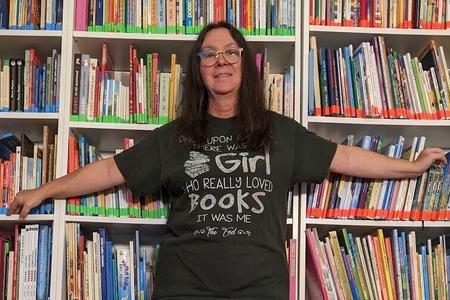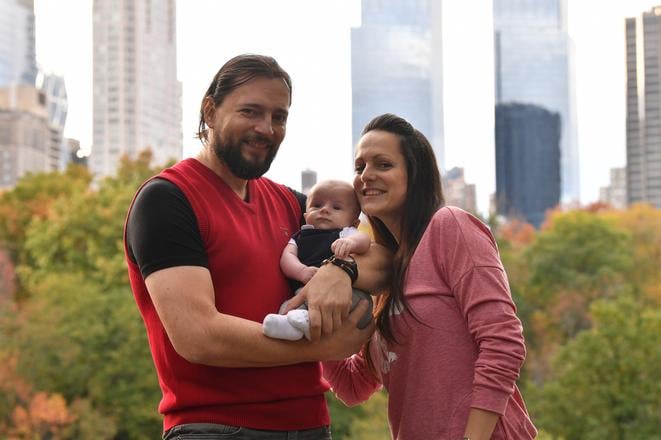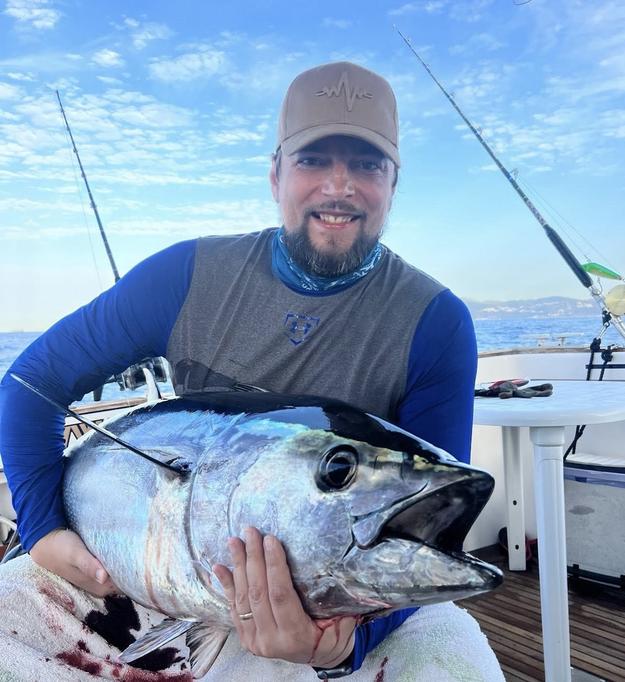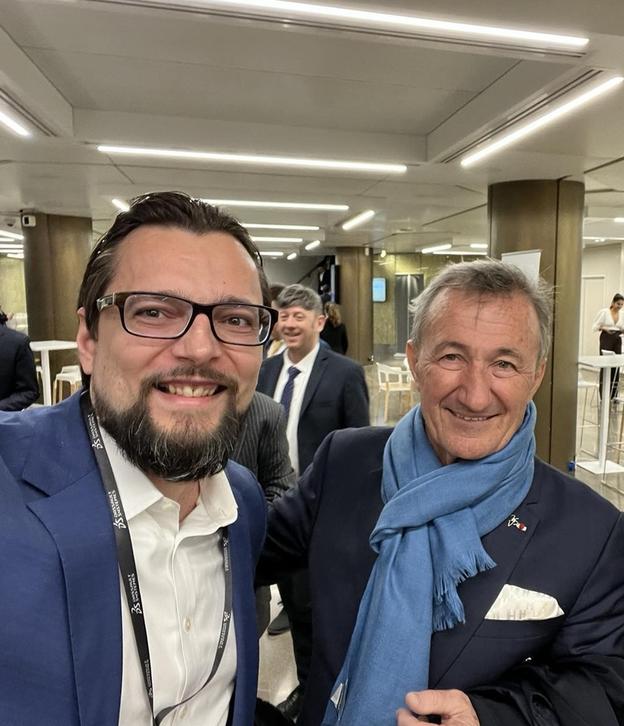Many years ago, when the family of Roman Bartoš spent Christmas at home in eastern Slovakia, his mother invented a game: a shoe throw at the door. The rules of the game are simple. The shoe that is closest to the door with its tip also pointing at the door is supposed to reveal which member will set out on a long journey.
"We were all throwing shoes and mine landed right next to the door," recalls the Prešov resident. "Fate intervened."
Bartoš loved travelling even as a child, whether it was visits to his grandmother by train or regular trips to boarding school. Little did he know at the time that he would be the one to move overseas for a long period in 2013.
Today he lives with his wife and son in the US state of Connecticut, a little over an hour's drive from NYC, where he has been working for the technology company Medidata for almost five years. The company focuses on clinical research. Before that, he worked as a financier at IBM in NYC, where he joined from the Bratislava office. He was originally supposed to have spent a year and a half in the US, but fate arranged it differently in his case.
"I have wanderlust," Bartoš explains with a smile.

He likes going to work
The transition to Medidata, which was co-founded by businessman and space tourist Glen de Vries in 1999, and bought by the French company Dassault Systèmes a few years ago, was not at all difficult for Bartoš. The fact that he would be working for a company that operates in health care excited him. He wanted to expand his horizons.
"Our cloud and software solutions are used during clinical studies," explains Bartoš.
Their customers are companies that need to test the safety and effectiveness of new treatment methods and drugs before they are approved for widespread use.
Within a few years, Bartoš became vice president for sales strategy and analytics. However, when he became part of the company, he did not expect that a year later his company would be an important link in the search for vaccines against Covid-19.
"It was inspiring to be part of this process," he recalls.
Bartoš says that the presence of De Vries, who died in a plane crash in 2021, is still felt in the company itself. Just a few weeks before his passing, he had flown into space on the New Shepard rocket from Blue Origin, the company founded by Jeff Bezos.
"We often ask at work, what would Glen do in this situation? His mark is indelible," says the Prešov resident.
Bartoš had the opportunity to talk to De Vries personally. He says that it was an inspirational moment for him. The Slovak attributes the fact that he was able to establish himself in the US to his curiosity and creativity.
"It's mainly because I enjoy and feel fulfilled in my work," he adds.
Fishing on a boat
Despite his success and wanderlust, he admits that being separated from his family is one of the hardest things about life overseas.
"I remember the day they called me that my mother was in the hospital. I hurriedly looked for a ticket. I don't wish that feeling of not being there for anyone," he says. "Fortunately, everything turned out well."
He also sees a negative in the expensive American health care system or the need to use a car if one does not live in a big city like Boston or NYC. When he lived in Manhattan, he enjoyed going everywhere on foot or by bicycle.
"I really enjoyed the two years in Manhattan without a car," he recalls.
He also sees positives in life in the USA. He likes the quality of services, the approach to customers, the ease with which he can solve bureaucratic matters. He also highlights nature and the ocean, which he lives close to. He fell in love with Hawaii and fishing.
"I remember the days when my friend and I would go to the ocean around four in the morning. Before work, we went fishing," he recalls. Even though Bartoš is a passionate fisherman, it is very difficult to find carp for the Christmas dinner table, a traditional fish eaten by Slovaks on Christmas Eve. "Last year, we waited anxiously for carp until the last day. We got it."
Fewer empty promises for Slovakia
Despite living in the USA, Bartoš is a proud Slovak. Thanks to living in the USA, he appreciates Slovak traditions and family ties a little more today.
"I wish Slovakia to prosper and progress," he says.
He would like to see reforms in the field of education and health care, but also an influx of foreign investments precisely for the qualities of Slovaks, not for cheap labour. In Slovaks, he sees an ingrained goodness, a willingness to help, an ability to connect and cooperate, although he admits that there are always exceptions.
"At the same time, I would like Slovakia to listen to fewer empty political promises, meaningless scandals, but also more debates about the future and how to make things better."
This article was published with the support of a grant from the Ministry of Foreign and European Affairs of the Slovak Republic. The project idea came from Kristína Sojáková who works for IBM in NYC and co-runs the Slovak Professionals in New York group.


 Roman Bartoš with his family. (source: Courtesy of R. B.)
Roman Bartoš with his family. (source: Courtesy of R. B.)
 Roman Bartoš enjoys fishing. (source: Courtesy of R. B.)
Roman Bartoš enjoys fishing. (source: Courtesy of R. B.)
 Roman Bartoš with CEO Dassault Systemes Bernard Charles. (source: Archive of R. B.)
Roman Bartoš with CEO Dassault Systemes Bernard Charles. (source: Archive of R. B.)